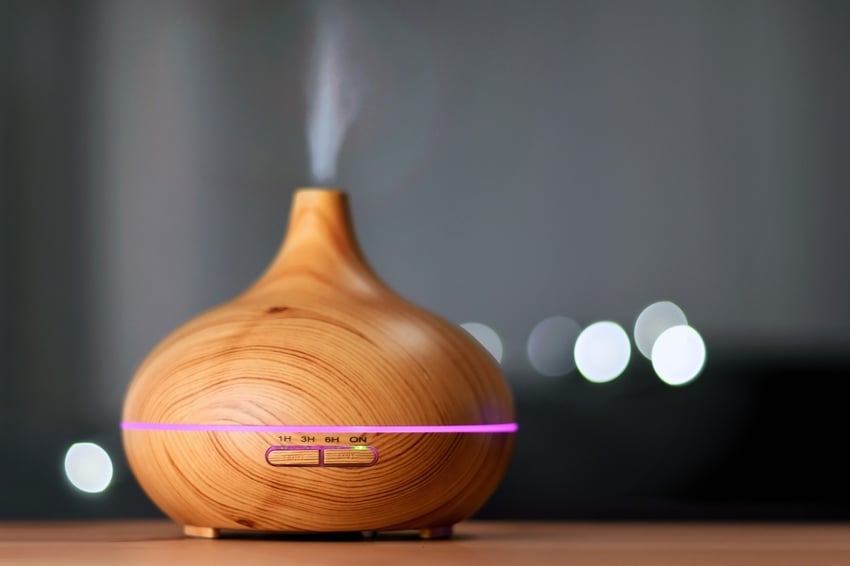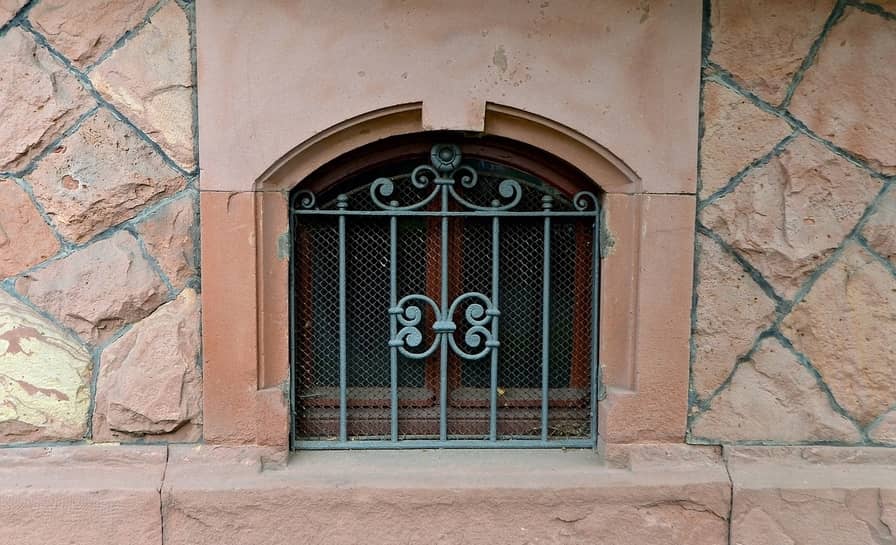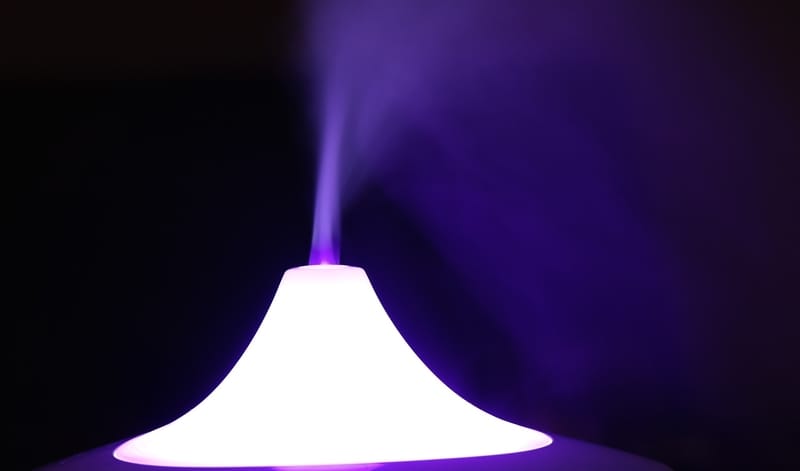Last Updated on January 2, 2024
Dehumidifier extracts water from the environment while humidifier disperses it to the environment. Both have the same purpose of attaining a comfortable and recommended relative humidity level in your home. But have you ever wondered if water contained in dehumidifier bucket can be used in your humidifier?
Dehumidifier water is suitable for use in humidifier as it is demineralized unlike tap water that can cause deposits and bacterial growth. However, stagnant water for long time and unclean bucket can promote mold, mildew and algae and it should be avoided for use in humidifier.
Generally, depending upon the environment, you either use a humidifier or dehumidifier considering if it is relatively dry or humid compared to recommended relative humidity levels, respectively.
However, there are multiple possibilities when you use both in your home. Well, I have written a detailed article on this specific subject. Hope you find it helpful.
What Kind of Water Is Suitable for Humidifier?
There are several types of water available for consumption. In general, you can use water in your humidifier that can be classified as “clean”.
However, consistent and sterile operation of humidifier also requires water used in it to be demineralized. Best suited water for humidifiers that is recommended by experts is distilled.
Distilled water is made by boiling tap water and then condensing it into liquid form. By the process of distillation, minerals and salts are left behind due to boiling and pure water is obtained.

So what about tap water can you use it in your humidifier?
If you use tap water in your humidifier it will still function and humidity levels will increase. But consistent use of tap water in your humidifier will cause mineral deposits.
These deposits will not only deteriorate functioning of your dehumidifier but also promote bacterial growth.
Is Dehumidifier Water Right for Use in Humidifier?
Before coming to the conclusion, if water generated by your dehumidifier is compatible with humidifier, it is a good to have a general idea of dehumidifier functioning and the way it extracts water from the environment of your living area.
Dehumidifier works by moving air over cooling coils inside it, maintained at a temperature below dew point. Below this temperature, when air comes in contact with coils, water vapors in it condense and convert to water.
This water either drops into dehumidifier built-in bucket or removed via vent hose either by gravity method or using a condensate pump.
As dehumidifier water is condensed directly from the environment, it will be free from minerals and salts.
Compared to distilled water, that is firstly boiled to be converted into water vapors and then condensed back to liquid state to remove minerals, the only difference in case of dehumidifier is that water is already in the form of vapors, it does not need to be boiled.
All that is required to obtain this demineralized water is its extraction from air by condensation.
Thereby, dehumidifier water is perfectly Ok and preferrable to be used in humidifier, as it does not contain any minerals, especially If you compare it to tap water.
Using dehumidifier water will also save you the cost of distilled water, that is recommended to be used in humidifiers.
Caution
When dehumidifier water remains stagnant for long periods of time it can result in growth of mold, mildew and algae promoting bacterial growth and its spread.
Thereby, if you want to take advantage of this opportunity, make sure that you empty your dehumidifier bucket regularly.
Also, clean your dehumidifier in a routine, especially dehumidifier bucket. You can do this every time you clean filters. I have discussed it in detail in this article. If you are having trouble accessing inside of your dehumidifier bucket, take a look at this video.
When Do You Use Dehumidifier and Humidifier Simultaneously?
As I said earlier, depending upon the atmospheric conditions, usually you either use a dehumidifier or humidifier, considering average relative humidity.
But there are some scenarios, when you may use both humidifier and dehumidifier. In this situation, you can take advantage of higher quality demineralized water obtained from dehumidifier in humidifier.
For example, if you had water damage or flooding in your basement, running a dehumidifier is one of most the effective ways to bring humidity levels back to normal and prevent mold, mildew and constructional damage.

This could happen in driest times of the year, despite the relative humidity outside. So, if you are using humidifier for regulating humidity levels in a relatively dry room, you may use dehumidifier water extracted from humid basement in that humidifier.
Similarly, attics can have higher humidity compared to indoors and outdoors. There may be multiple reasons for a humid attic. It may be due to roof leaks or pipes sweating and leaking. For which you may need to use a dehumidifier.

Water inside ground can easily travel to attic through basement, crawlspace floors and walls.
Further, portable AC if vented into attic, can also cause high humidity levels in it. The reason is that most of these units are partially evaporative and expel moisture through vent hose.
Why Dehumidifier Water Is Ok for Humidifier but Not for Drinking?
In short, if you regularly remove water and clean dehumidifier in routine, especially bucket, dehumidifier water is actually pretty suitable and great for use in humidifier.
But why can you use it in humidifiers and not for drinking?
The reason is that despite taking all the measures I discussed above, you can sterilize it enough for inhaling by dispersal, but still not for drinking. Even with due cleaning, it is best to avoid drinking water from your dehumidifier reservoir.


